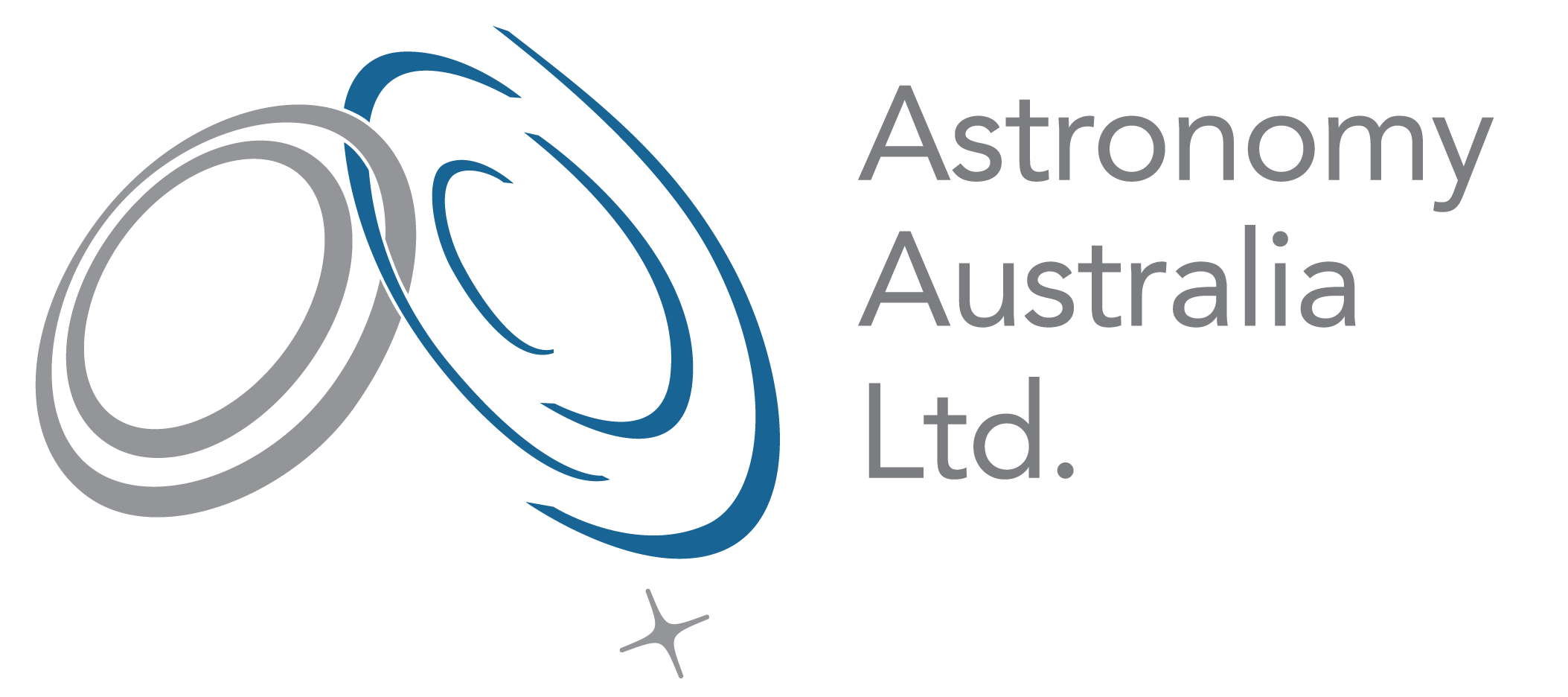
The Gravitational Wave Data Centre (GWDC) has recently received a $1M grant from the Australian Government, via its National Collaborative Research Infrastructure Strategy (NCRIS) program, allowing it to extend operations into 2022.
Based at Swinburne University of Technology, the GWDC is the first internationally-recognised gravitational wave data centre in Australia. Established in July 2019, the centre was created to provide infrastructure, training and support to gravitational wave researchers across the country. This support enables Australian researchers to lead the discovery of events from the latest data on an international scale and to maximise the scientific impact of their discoveries.
This recent grant of $1M awarded to the GWDC will allow operations to continue into 2022, giving Australian astronomers the chance to receive data from the Advanced Laser Interferometer Gravitational-wave Observatory (aLIGO) and Virgo detectors as well as pulsar timing data from the Square Kilometre Array (SKA) and precursor facilities. These facilities currently capture gravitational waves from the collisions of stellar-mass black holes and neutron stars, and hope to capture the final death throes of supermassive black holes in the near future. Data from these events is then able to be live-streamed to optimised supercomputing facilities in Australia to enable real-time detections.
The Gravitational Wave Data Centre is transforming the way the Australian community acquires, processes and presents its data and is a model for how projects like the SKA will work in the future. It’s fantastic to see how efficiently the data moves from our detectors and telescopes into the analysis pipelines and publications.
Astronomy Australia Limited (AAL) has previously supported the GWDC with funding from the NCRIS program and was delighted to secure these additional funds for the GWDC.
We are very pleased to be able to keep supporting Australian researchers engaged in the award-winning field of gravitational-wave astrophysics through the continuation of the GWDC. AAL is grateful to The Hon Dan Tehan, Minister for Education, and the Department of Education, Skills and Employment for its financial support in realising the GWDC as an excellent model for the curation of data-intensive science.
The GWDC currently supports research from six major Australian institutions – The Australian National University, Monash University, Swinburne University of Technology (host institution for the GWDC), The University of Melbourne, The University of Western Australia and The University of Adelaide. The GWDC operates alongside the existing Astronomy Data and Computing Services (ADACS) team at Swinburne, which has been providing a generalised data and computing service to the national astronomy community from early 2017.
The NCRIS program is an initiative of the Australian Government managed by the Department of Education, Skills and Employment. AAL manages the astronomy component of the NCRIS program, which supports Australian involvement in a range of national and international facilities.
For more information on the GWDC, please contact: Dr Robert Shen, AAL Director of eResearch or visit the GWDC website: gwdc.org.au.
